Mikaela Romanelli (M.S. ’14) protects her community using forensic chemistry
Oct. 9, 2025
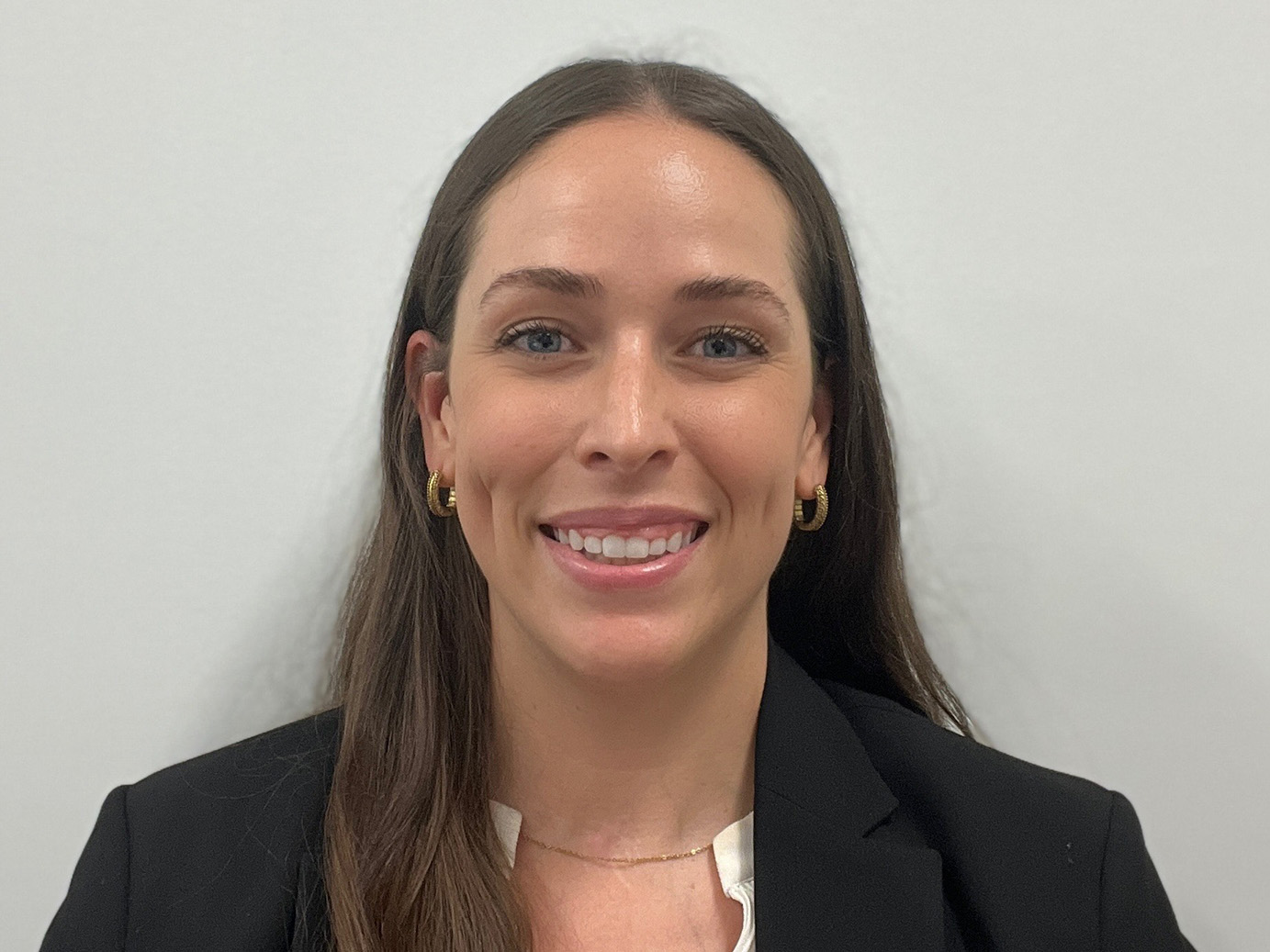
Mikaela Romanelli (M.S. ’14) has spent her professional career testing and identifying substances to help reduce the number of harmful drugs in the city of Philadelphia and, now, with the Drug Enforcement Administration in New York City.
She is driven by her passion to protect her community and aided by the practical and scientific education she received in VCU’s Department of Forensic Science. Through her studies, she learned not only how to be a forensic scientist, but also to be an expert witness, teacher and administrator.
While attending VCU, Romanelli volunteered with middle school students to help them discover the possibilities of STEM-related fields, and she continues to volunteer with students to this day in New York City, making STEM more accessible and promoting drug awareness and prevention.
What drew you to VCU to pursue your graduate studies in forensic science?
I was always interested in forensic science but decided to pursue a chemistry degree as an undergrad. When it came time to decide my next step, I still found myself drawn to forensic science and decided to look into graduate school. VCU was a FEPAC (Forensic Science Education Programs Accreditation Commission) accredited school but what set it apart from all of the other schools I was looking at was the focus on independent research, the accomplished faculty, and the ability to collaborate with local laboratories to learn from practitioners.
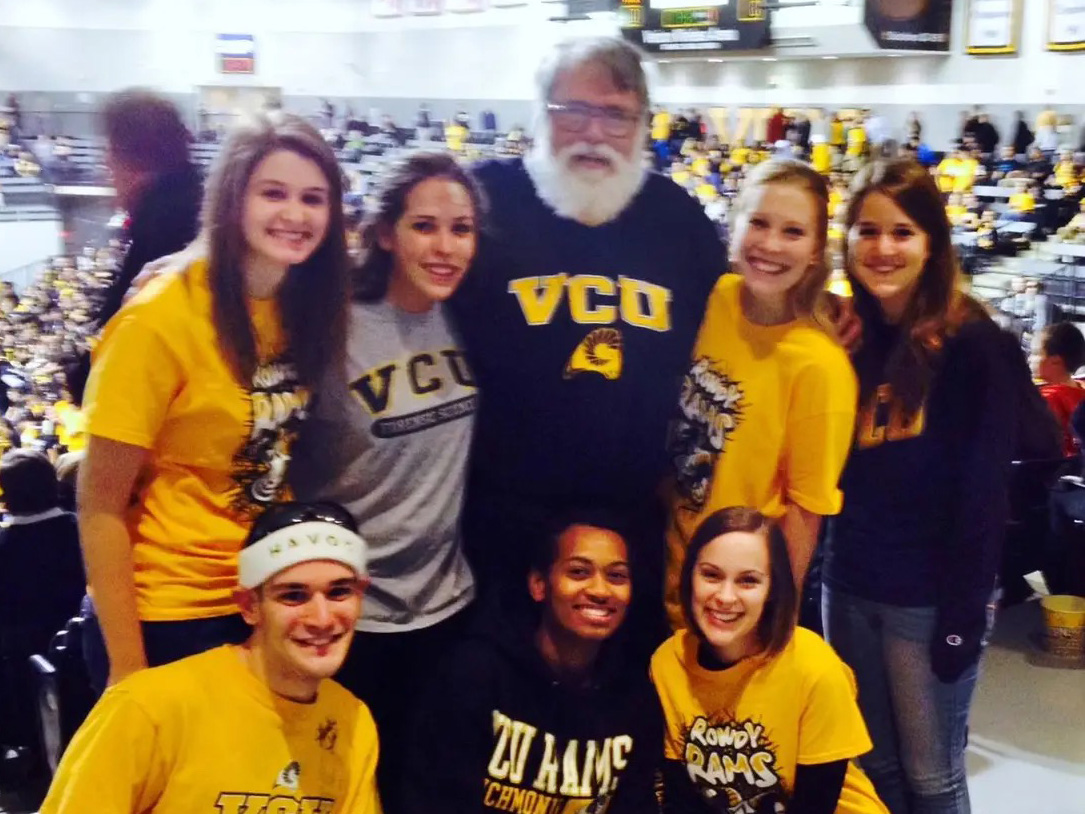 As a student, you volunteered for a workshop that gave middle schoolers an interactive educational touchpoint with forensic science. What was it like to be a part of a community program like that?
As a student, you volunteered for a workshop that gave middle schoolers an interactive educational touchpoint with forensic science. What was it like to be a part of a community program like that?
My undergraduate school put a lot of emphasis on community outreach as I went to school in the heart of New Orleans post-Hurricane Katrina, and they believed helping the city we lived in was such an important part of our education. Coming from that background, I wanted to stay involved with community service opportunities during my time at VCU. Luckily, the department, backed by the vision of Jo Murphy, allowed me to continue with multiple outreach programs.
One thing that I have always been passionate about is providing youth programs access to STEM activities. By setting up different forensic science lab activities for these children, we were able to introduce them to a field that they either didn’t know about before or maybe didn’t know that they had an interest in.
Today, I’m located in New York City, and I continue to think it’s especially important to provide these types of activities to show kids of all backgrounds that there are opportunities for them to work in STEM. Additionally, due to the nature of my job, there is also the public health and safety aspect to address drug use through awareness and prevention through school and community programs.
After graduation, you worked in the Philadelphia Office of Forensic Science. What was the transition like going from the classroom lab to working in a crime lab in a major city like Philadelphia?
The VCU Department of Forensic Science set me up for success in my position at the Philadelphia Office of Forensic Science from my initial application and my interview, all the way through my training program, and, eventually, in my work as a forensic scientist.
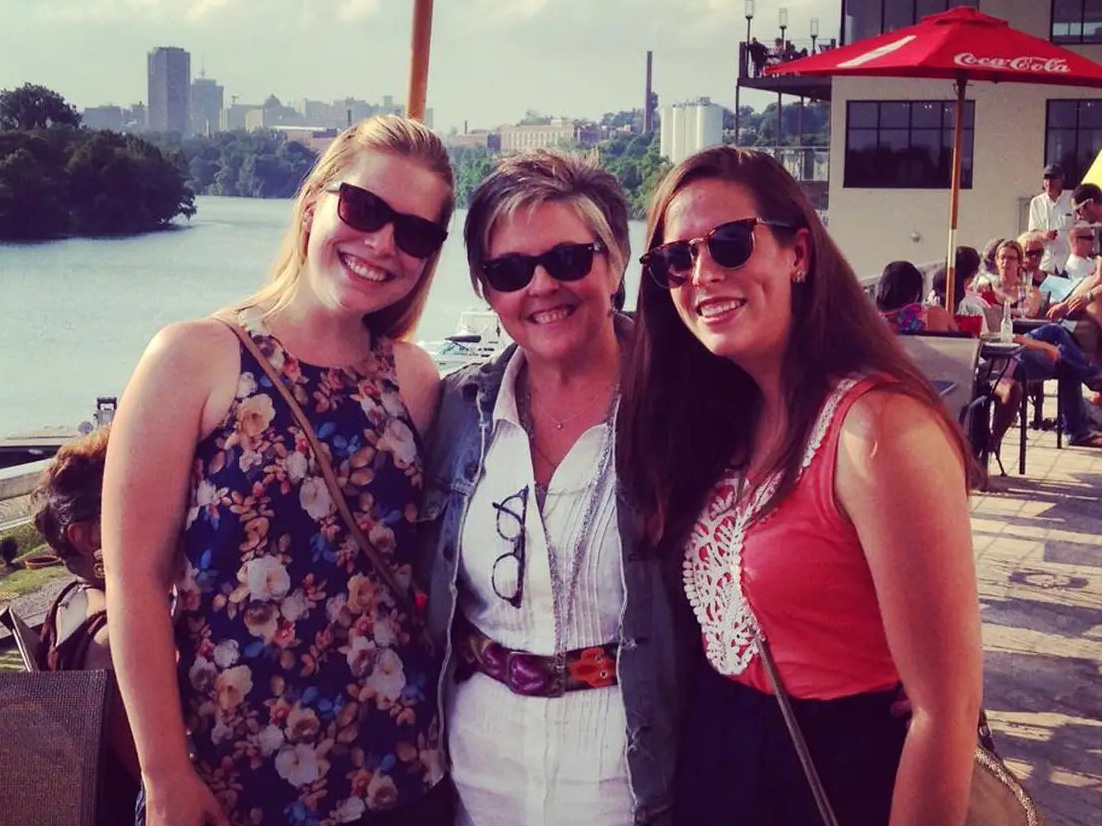 The graduate forensic science program at VCU included a professional practices course where we were required to build our resumes, write cover letters and apply to multiple jobs across the country. Additionally, this course included an intense mock trial held at the Henrico County Courthouse, allowing me to improve upon my ability to explain my lab work to a jury, a skill I would need any time I testified as an expert witness in my future positions.
The graduate forensic science program at VCU included a professional practices course where we were required to build our resumes, write cover letters and apply to multiple jobs across the country. Additionally, this course included an intense mock trial held at the Henrico County Courthouse, allowing me to improve upon my ability to explain my lab work to a jury, a skill I would need any time I testified as an expert witness in my future positions.
The department was filled with professors who had worked in the field previously as well as adjuncts from the Virginia Department of Forensic Science, so all of our lab exercises were mirrored after practices used in the field. The emphasis that was put on quality work taught me the importance of my results as they related to criminal cases. Every exercise in every course was designed in such a way that I was able to use everything that I learned in order to be successful as a forensic science practitioner.
What does your day-to-day look like in your current role with the Federal Drug Enforcement Administration?
As a chemist with the Drug Enforcement Administration my main duty is to analyze evidence for the presence of controlled and non-controlled substances. Since evidence analysis is the majority of my work, my day-to-day is in the laboratory using a wide variety of techniques to determine the identity and, in many cases, also the purity of evidence submissions which are typically in powder, crystalline, or tablet form. I can perform a wide variety of techniques to test for these substances including color tests and immunoassay tests as well as more complex instrumentation such as gas chromatography-mass spectrometry (GC-MS), liquid chromatography (LC) and infrared spectroscopy (IR).
Occasionally, I am also called to testify in criminal court on the results of my analysis. It is my job as an expert witness to describe my testing process and the conclusions of my analysis in a way that is understandable to a jury. One thing that I love about this role is—although I am performing similar tasks on similar substances—no two days will be exactly the same and the course of my analysis is driven by the evidence.
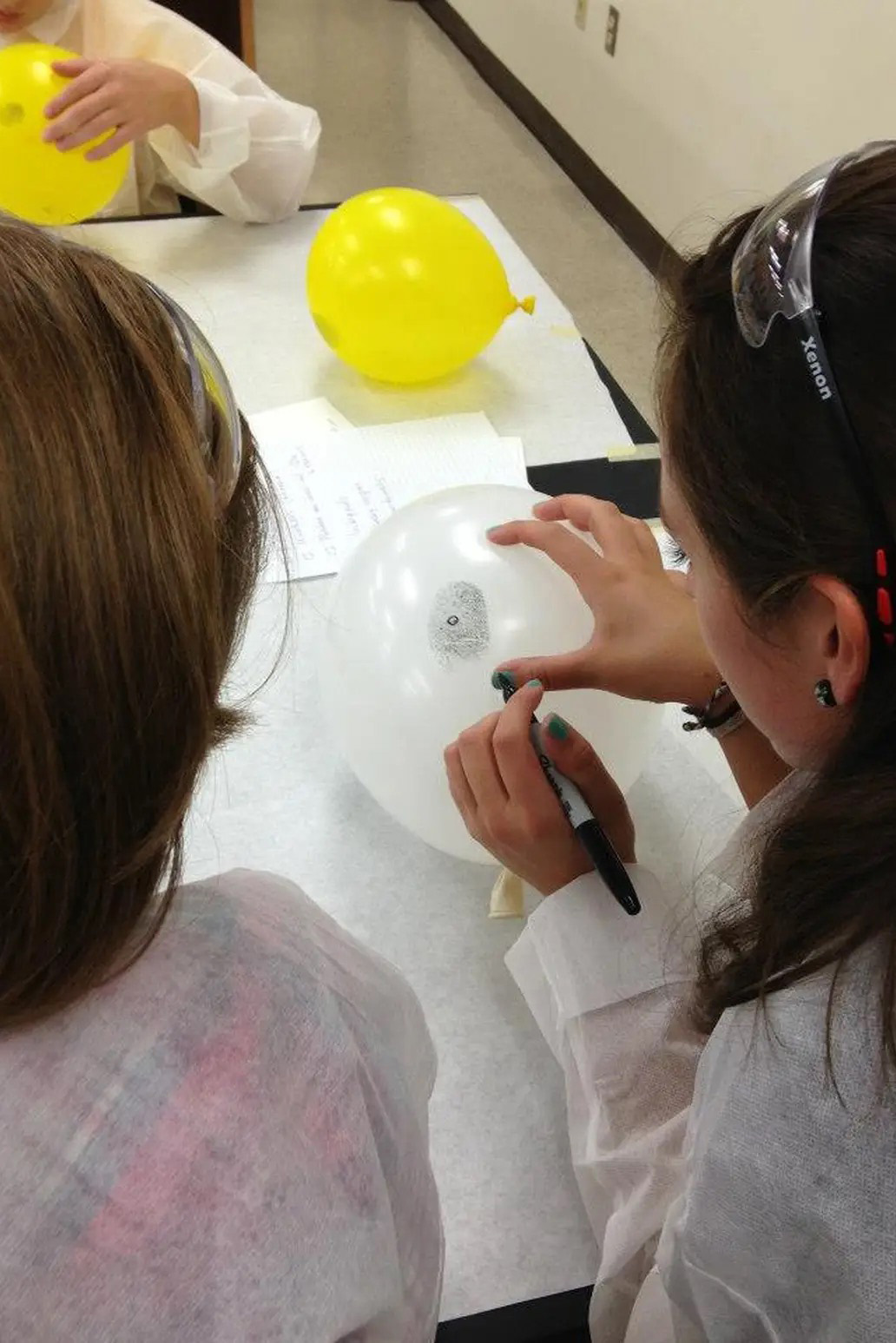 What would you say is the most challenging part of your work? Your most rewarding part?
What would you say is the most challenging part of your work? Your most rewarding part?
The most challenging part of my job is that there are always newly emerging substances in our evidence that need to be identified. These substances can be closely related to ones that we have seen before so it’s important to recognize slight differences in the data in order to make the correct identification. We have to stay aware of any of these emerging trends and collaborate with other labs in order to determine what tests need to be performed in order to identify these substances.
The most rewarding part of my job is knowing that my work directly contributes to the safety of my community.
Reflecting on your time at VCU, how do you feel your time on campus helped prepare you to accomplish the work you’ve done so far in your career?
I believe that all of my preparation at VCU allowed me to easily acclimate to my positions both in Philadelphia and now with the DEA. VCU provided me with a strong background in analytical techniques and forensic laboratory practices necessary for me to succeed as a forensic chemist.
It is because of my strong understanding of laboratory policies, passion for my lab work and ability to provide quality reports that I have become my laboratory’s Field Training Officer. When new chemists finish their centralized training program in Quantico, Va., I am responsible for their continued training as they transition to our field laboratory. I use communication and presentation skills I gained through my time at VCU during this position on a regular basis in order to relay this same passion for the position to the new trainees at our laboratory.
What’s your why?
One of my first cases in my current position included samples that caused middle school students to overdose. The items that I tested contained fentanyl at levels about 10 times the purity of what I had previously seen during any of my previous analyses. Something at that purity would cause a grown adult to overdose, let alone the middle schoolers who had been exposed.
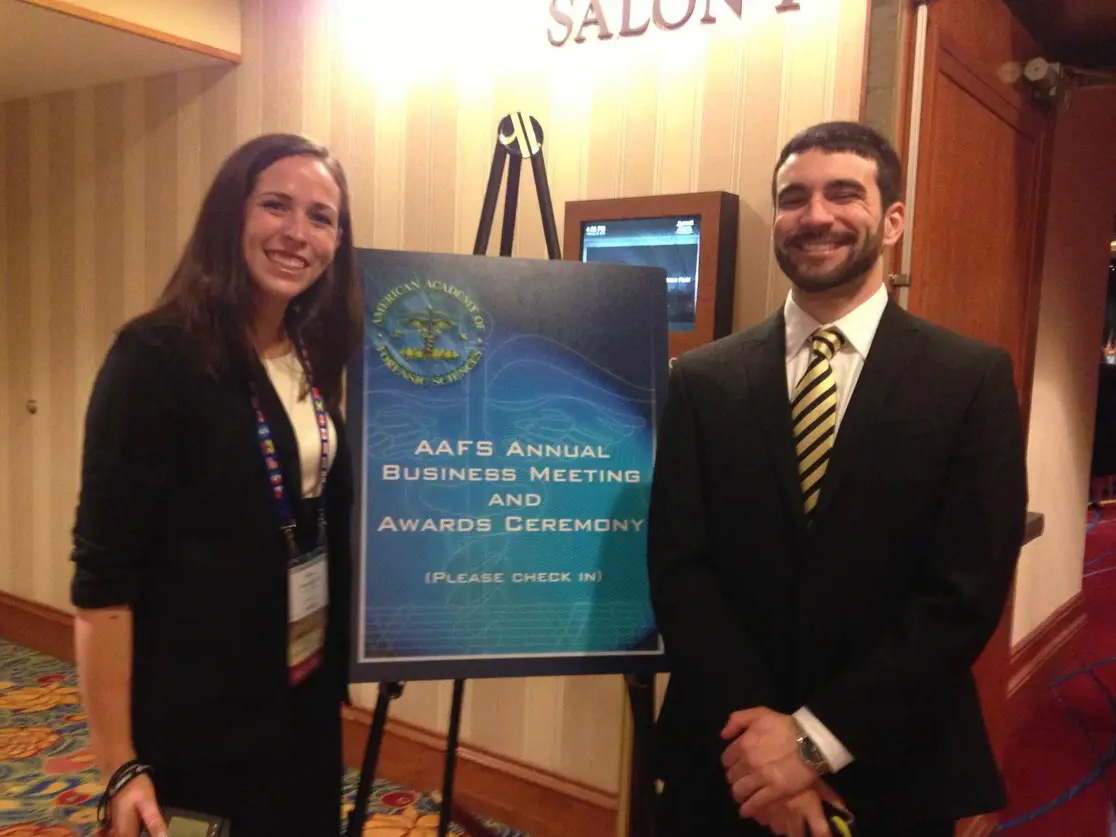 Although I had been in the field for about eight years at this point, this case reminded me that the work that I do is important to protect the community that I live in by reducing the number of harmful or lethal substances in the region. By being able to quickly and accurately identify the substances in the evidence we receive, we can support investigations to prevent further distribution of these dangerous substances.
Although I had been in the field for about eight years at this point, this case reminded me that the work that I do is important to protect the community that I live in by reducing the number of harmful or lethal substances in the region. By being able to quickly and accurately identify the substances in the evidence we receive, we can support investigations to prevent further distribution of these dangerous substances.
What are you hoping to still accomplish in your career?
This year I have been able to take a number of steps in my career that I had not done up until that point. I am completing a research project based off of the results of one of my cases and am looking to present the results at future professional conferences. Additionally, I have performed duties of an acting supervisor when our laboratory supervisor is out of the office. This has allowed me to gain responsibility in providing technical guidance to other chemists as they analyze their own cases.